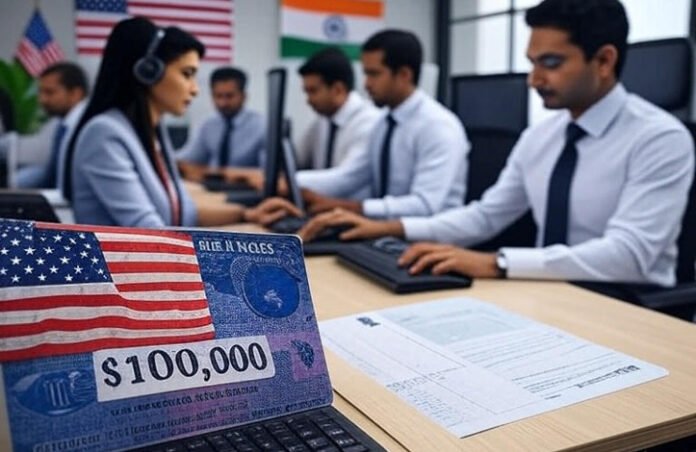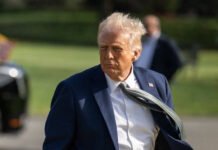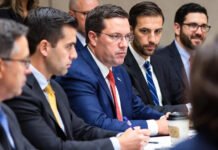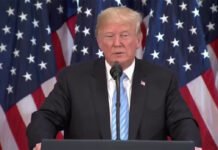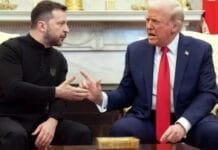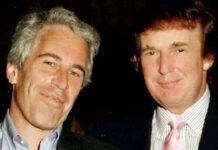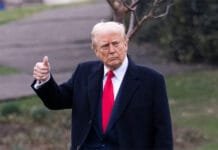US President Donald Trump has announced a sharp increase in H-1B visa fees, raising them to $100,000 per visa. Experts warn that this move escalates America’s protectionist policies against India and threatens the $190 billion Indian service export sector, especially the IT and technology industries.
Protectionist Policies Targeting India
Reports indicate that Trump’s strategy is no longer confined to goods trade but now targets the services sector as well.
India already faces a 25% import duty on goods by the US.
An additional 25% tariff on Russian oil has further strained relations.
These combined measures are seen as pushing India closer to China and Russia, even as PM Modi and Trump publicly maintain a friendly relationship on social media platforms.
Experts say the new H-1B fees could add uncertainty to trade and service agreements, impacting both Indian IT companies and American businesses reliant on skilled foreign workers.
Impact on the US Workforce
The White House justifies the H-1B fee hike by claiming it addresses stalled salary growth among American employees and employment concerns.
In 2000, the US had 1.2 million foreign STEM workers.
By 2019, this number grew to 2.5 million.
Trump’s administration argues that the H-1B program, in its current form, may suppress wages for American employees while favoring foreign workers.
Threat to India’s $190 Billion Service Industry
India’s IT and service export industry relies heavily on H-1B visa holders for operations in the United States. The $100,000 visa fee could:
Increase operating costs for Indian IT companies
Delay or reduce the number of skilled workers sent to US offices
Create uncertainty in long-term service contracts with American firms
Analysts warn that such protectionist moves could erode India’s competitive advantage in the global services market.
Bilateral Relations Amid Fee Hike
Despite public displays of camaraderie between PM Modi and Trump, the H-1B fee increase underscores persistent tensions in trade relations. Experts note that navigating these issues will require careful diplomacy to balance economic interests while maintaining strategic partnerships.
“While personal diplomacy between leaders remains cordial, policy actions like this could impact the trust and predictability needed for smooth bilateral trade,” analysts say.
Conclusion
The H-1B visa fee hike to $100,000 signals a stronger turn toward US protectionism, with potential repercussions for India’s $190 billion service export industry. While PM Modi and Trump continue to maintain public goodwill, the new fee underscores the challenges facing India-US economic and trade relations, particularly in the services sector.

